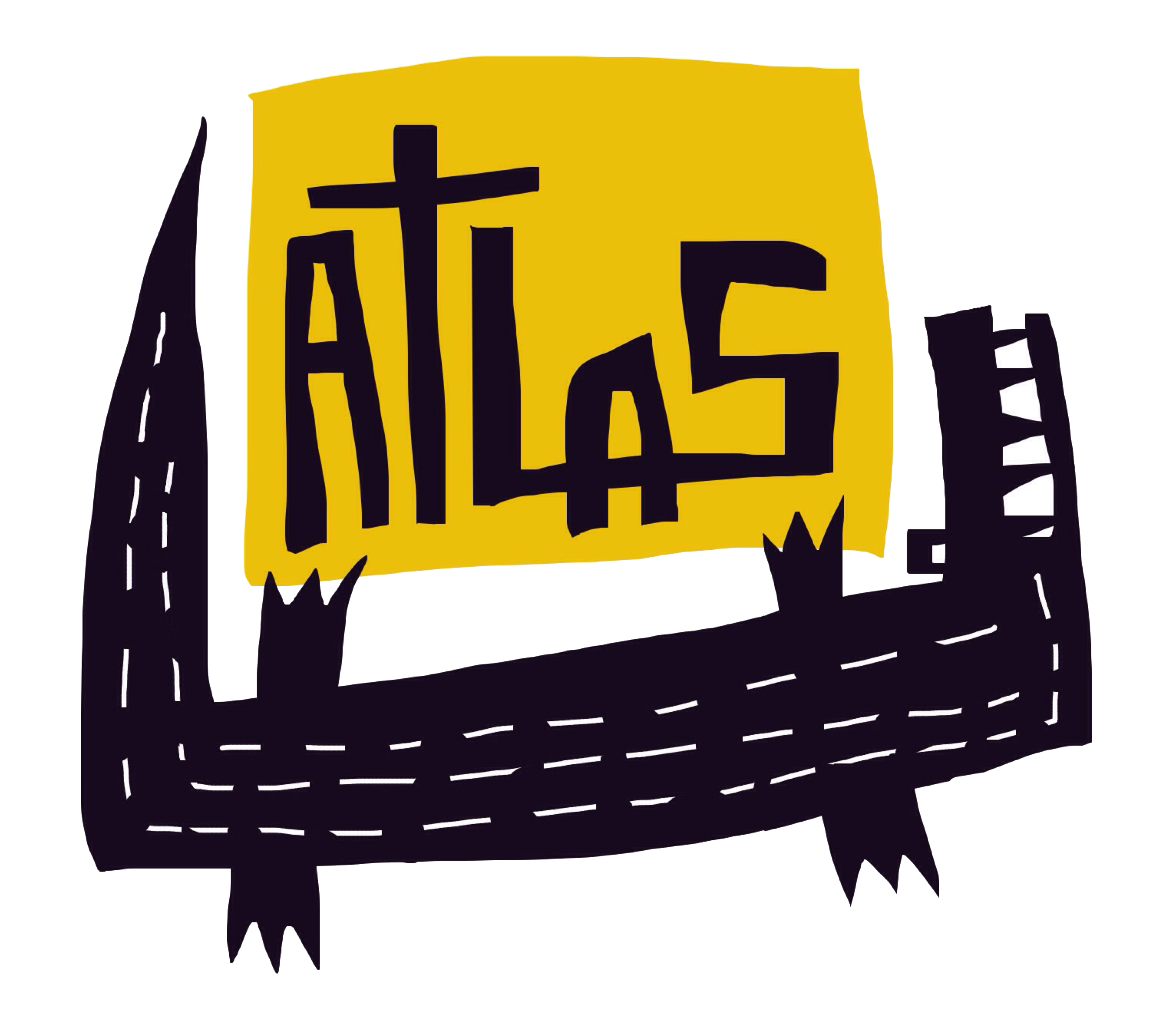Ryan Dagur, Jakarta
Spike in Covid-19 cases sparks government warning, appeal for international aid
The health system in Catholic-majority Timor-Leste is “in danger of collapsing” following a recent spike in Covid-19 cases, while many health workers have also been infected, the government says.
On Aug. 24, the country recorded 532 new cases the biggest daily rise since the pandemic began last year. The spike has been attributed to the highly contagious Delta variant.
The death toll is also rising and now stands at 51, with more than half of them occurring this month.
The country has now recorded a total of 14,935 cases with 3,816 still active, with most infections taking place in the capital Dili and the city of Ermera.
Meanwhile, Guido Valadares National Hospital in Dili, the country’s main Covid-19 referral hospital, said 116 of its medical staff, including 26 doctors and 53 nurses, were infected with Covid-19, leaving the hospital dangerously understaffed.
The increasingly dire situation has sent alarm bells ringing within the government of Prime Minister Taur Matan Ruak.
“I regret to say that our healthcare system is in danger of collapsing,” he said on Aug. 24.
He said the government has appealed for international aid in the areas of logistics and resources.
Ruak also called for renewed efforts to mobilize the people and the nation to face an enemy that threatens the lives of children and loved ones.
“The government alone will not defeat this pandemic. We all have to play our part in fighting this enemy,” he said.
To address this latest crisis, the Council of Ministers decided on Aug. 25 to lock down Dili for seven days from Aug. 27 to Sept. 2.
Fidelis Magalhaes, the council chairman, said mass religious celebrations will be prohibited during this period, including funeral ceremonies involving the participation of more than 10 people.
There will be no public transport and restaurants can only provide takeaway services.
“Those who leave their homes are only allowed to do so for reasons of health, work, access to basic goods and services and to receive the Covid-19 vaccine,” Magalhaes said.
Story sourced from UCA News;
Donate to UCA News with a monthly contribution of your choice
